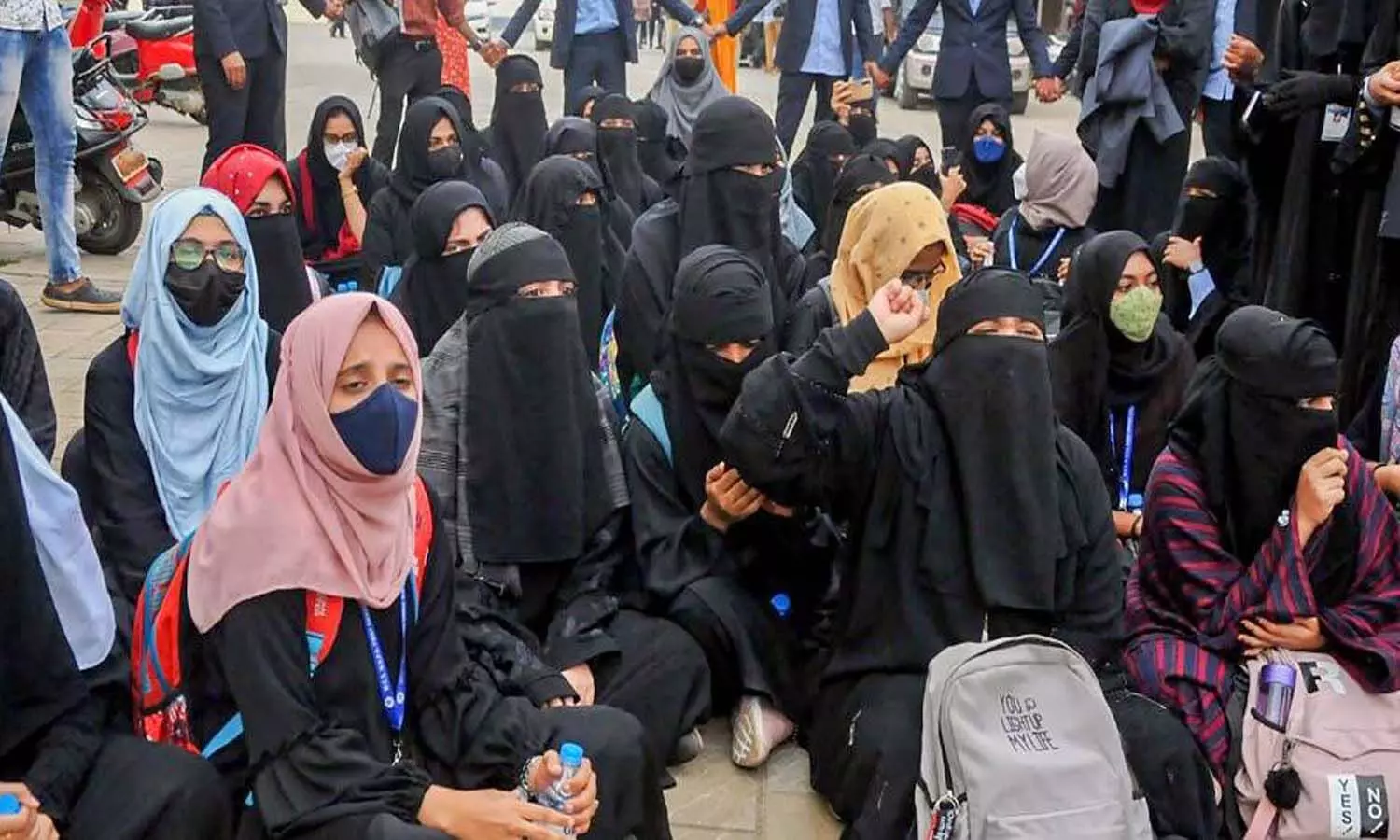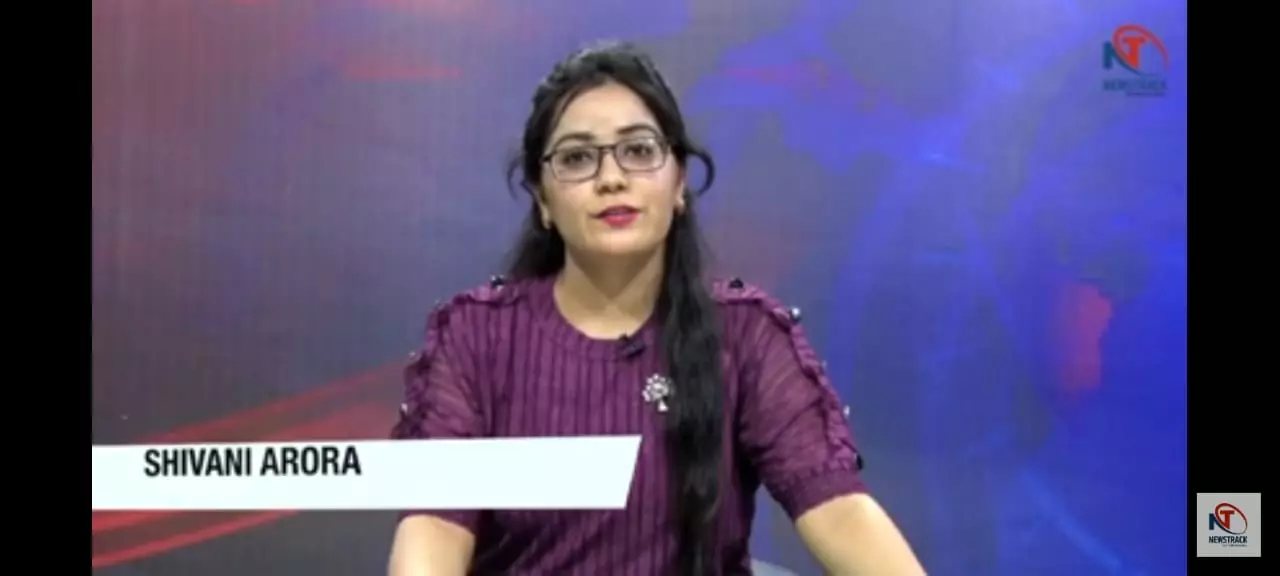TRENDING TAGS :
Karnataka hijab ban case: Supreme Court delivers split verdict
In view of the dissenting views, the matter has been referred to the Chief Justice of India for constituting an appropriate bench
The Supreme Court on Thursday delivered a split verdict on the ban of wearing of hijab in educational institutions in Karnataka – with one judge affirming that the state government is authorised to enforce uniform in schools and the other calling hijab a matter of choice that cannot be stifled by the state.
Justice Hemant Gupta, in his judgment, dismissed all the appeals filed against the Karnataka high court judgment, which held in March that wearing of hijab by Muslim women is not mandatory in Islam and that the Karnataka government was empowered to enforce the uniform mandate.
However, Justice Sudhanshu Dhulia differed from the senior judge on the bench and allowed all the appeals. Reading out the operative part of his judgment, Justice Dhulia said that wearing of hijab is a matter of choice for a Muslim girl and there cannot be any restriction against it.
Quashing the state government's prohibitory notification, Justice Dhulia added that concerns regarding the education of a girl child weighed the most on his mind and the ban on hijab would certainly come in the way of making her life better.
In view of the dissenting views, the matter has been referred to the Chief Justice of India for constituting an appropriate bench.
The extensive hearing in the case last month witnessed almost two dozen lawyers arguing over a spectrum of issues on behalf of girl students, Islamic bodies, rights groups, lawyers and activists.
While the petitioners challenging the high court order covered in their arguments the right to practice religion, freedom to dress as a matter of expression and identity, right to access education and alleged unreasonableness of the state's mandate, the Karnataka government maintained throughout the proceedings that their circular to enforce uniform was religion-neutral and aimed only at promoting uniformity and discipline.
Senior advocates Rajeev Dhavan, Kapil Sibal, Dushyant Dave, Salman Khurshid, Huzefa Ahmedi, Colin Gonsalves, Meenakshi Arora, Sanjay Hegde, AM Dar, Devadatt Kamat and Jayna Kothari argued for the batch of girl students, women's right groups, lawyers, activists and Islamic bodies.
During the proceedings, the petitioners implored the bench to test the February 2022 order of the Karnataka government on the anvil of violation of a spectrum of fundamental rights, especially those relating to religion, culture, privacy and education.
At the same time, most of the petitioners urged the top court to steer clear of the controversy as to whether wearing of hijab formed an essential religious practice or not. Attacking the March 15 high court judgment for ruling that hijab is not an essential religious practice in Islam, the petitioners contended that a court cannot be an arbiter of religion and that interpreting Quran or its verses is outside the expertise of a court of law.



